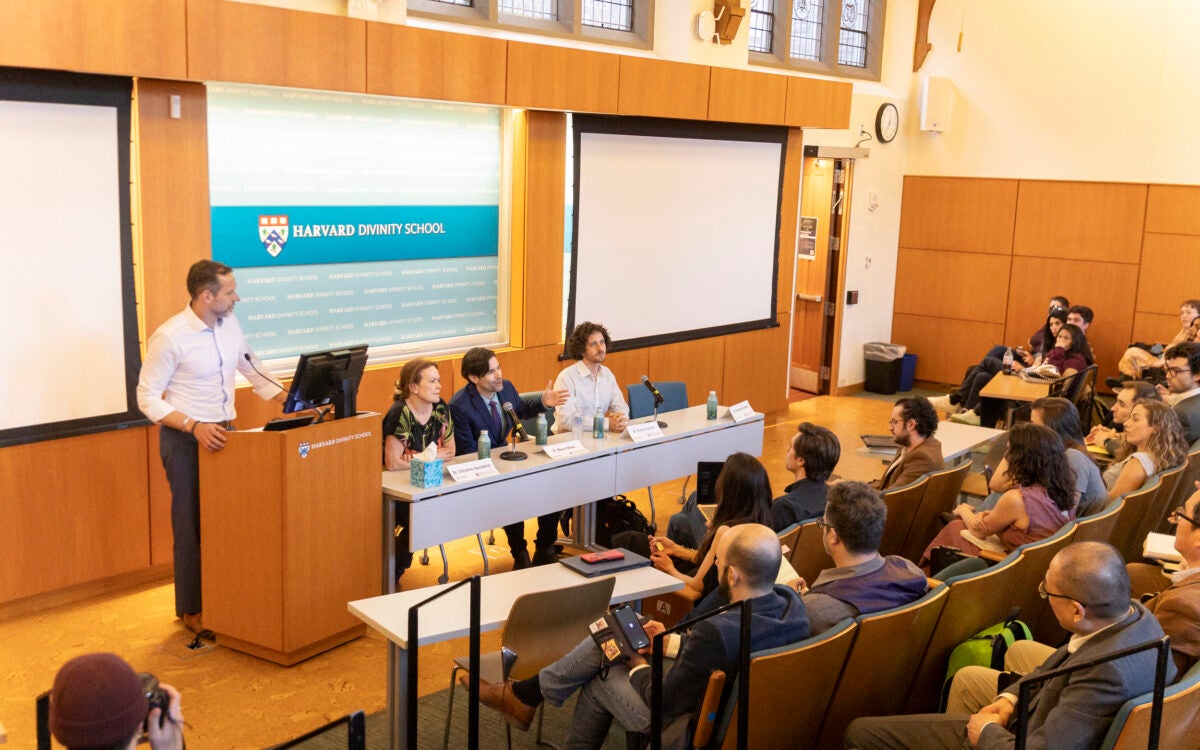Low-dose chemotherapy plus antiangiogenesis drug has activity in advanced breast cancer
Chemotherapy given in low, frequent doses – a novel strategy called “metronomic” delivery – achieved partial shrinkage of disease in some advanced breast cancer patients when given concurrently with an angiogenesis inhibitor, report researchers from Dana-Farber Cancer Institute in Boston.
In a pilot study of 55 patients, the combination of low-dose chemotherapy and the anti-VEGF antibody, bevacizumab (Avastin; Genentech) delayed the breast cancer’s progression by an average of 5 1/2 months, compared to two months with the low-dose chemotherapy alone, said Harold Burstein, MD, PhD, a medical oncologist at Dana-Farber. He presented the results Dec. 8, 2005 in a General Session at the annual San Antonio Breast Cancer Symposium.
“Pairing metronomic therapy with a dedicated angiogenesis inhibitor showed clinical activity, and was quite well tolerated,” said Burstein. “We think this is a combination worth pursuing and are exploring this treatment concept further in a Phase II study, which extends these treatments into early stage breast cancer therapy.”
The current study is one of the first rigorous tests of a treatment strategy that was proposed several years ago as a means of improving the results of chemotherapy for breast cancer, said Burstein, who is also an assistant professor of medicine at Harvard Medical School.




